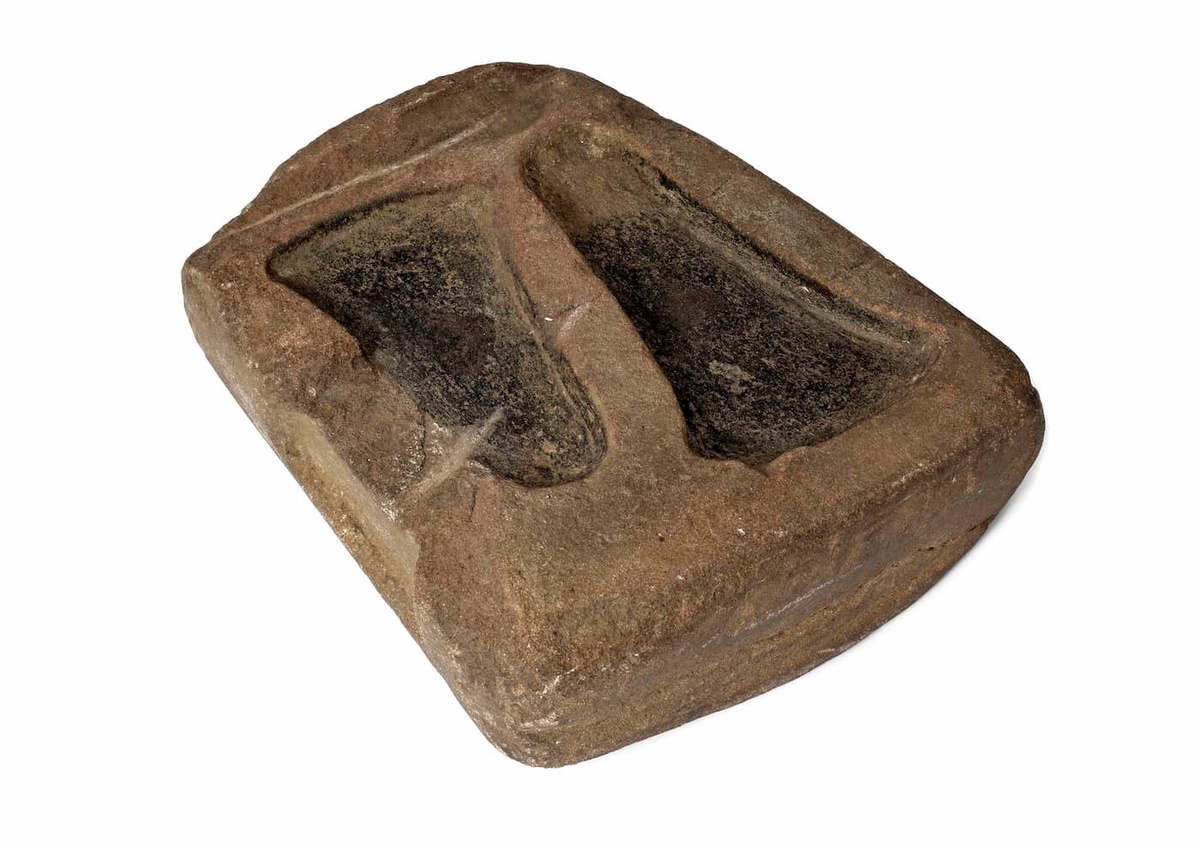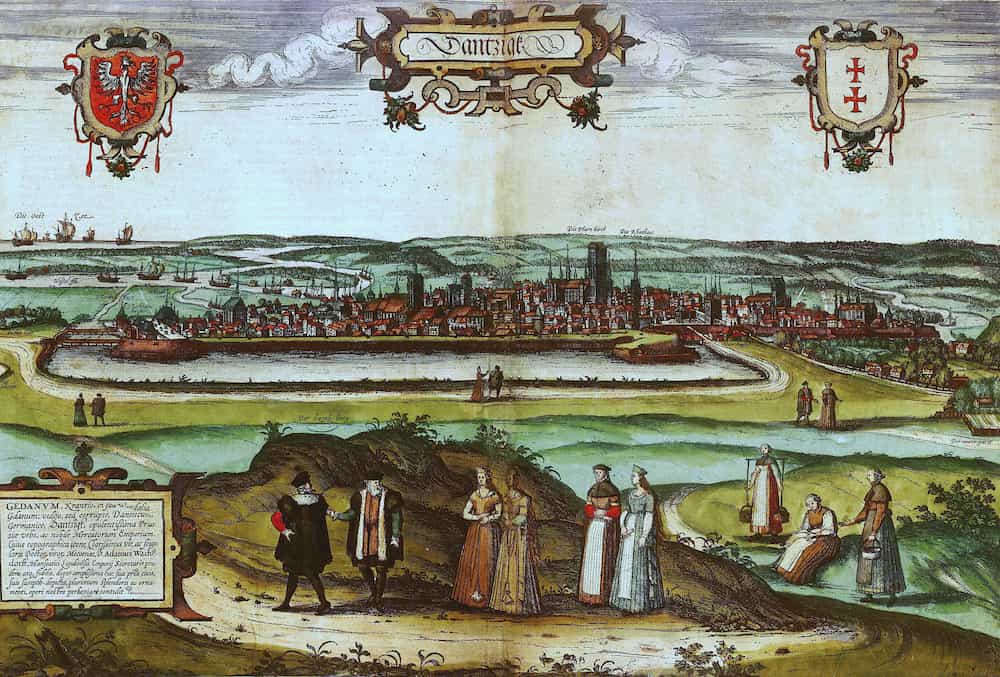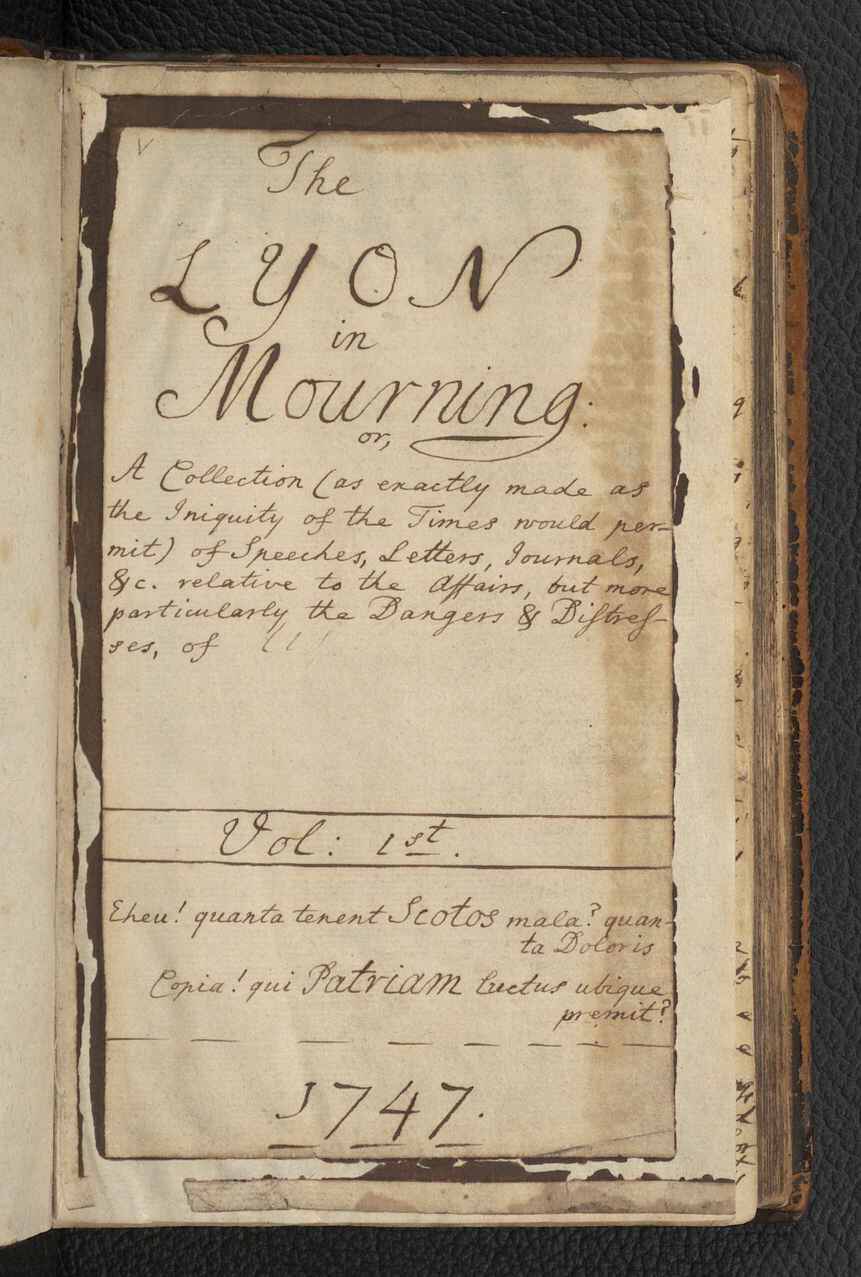Funded by the Friends of Aberdeen University Library
Funded by the Friends of Aberdeen University Library and administered by University Collections
Anyone who would like study the rare and distinctive archive, library and museum collections cared for by the University of Aberdeen, or relevant professional practice, can apply for a Research Award. Pre-application development advice for anyone interested in applying will be available from University Collections. Although the main focus of applications must be research, people who receive Research Awards will take part in the outreach activities of the Friends of Aberdeen University Library, University Collections and the Library. We warmly encourage applications from researchers from a diverse range of backgrounds and aim to make the application process as helpful as possible.
The University of Aberdeen has rich and varied archive, museum and library collections. For details, see www.abdn.ac.uk/collections especially 'Study the Collections'. Other library resources can be found at www.abdn.ac.uk/library
The normal award limit is £2000, although in exceptional cases awards of up to £3000 can be made. In the past, applications have often focused on travel and accommodation for an individual person studying archives, rare books or manuscripts, but we are now also looking for work on museum collections, more local projects (reducing environmental impact), group and interdisciplinary research, scientific analysis, and projects which include strong public engagement elements, or which increase accessibility or understanding of professional practice in libraries, archives or museums in ways which will engage with or benefit practice at the University of Aberdeen. Applications for creative, practice-based, or community-engaged forms of research, as well as traditional research, are welcome.
Full details of the selection process can be found on the application form. A Research Award cannot be held concurrently with a FAUL Postgraduate Research Bursary.
Applications must be received by the end of Sunday 16th March 2025.
2024 research projects
- Professor Tim Mighall
-

- Khrystyna Baziuk
-

- Professor Leith Davis
-

